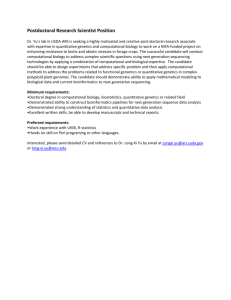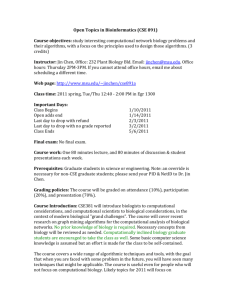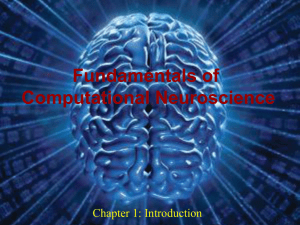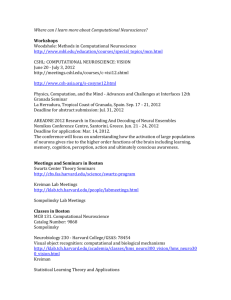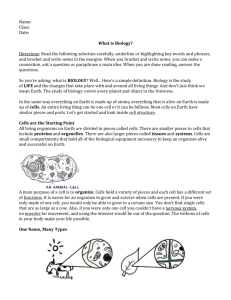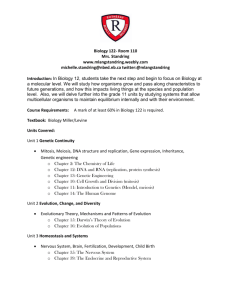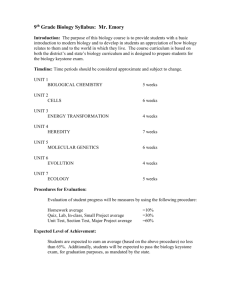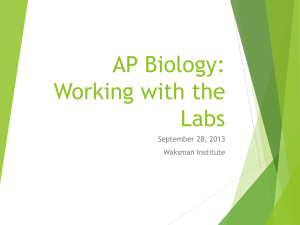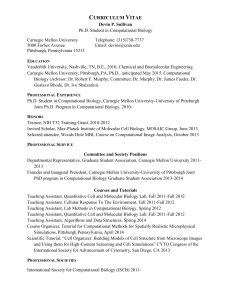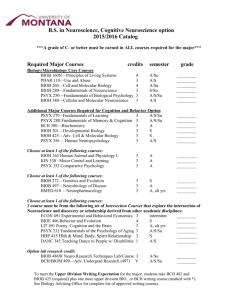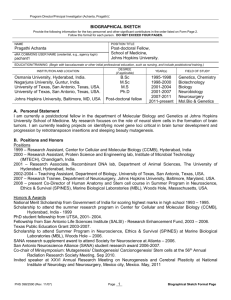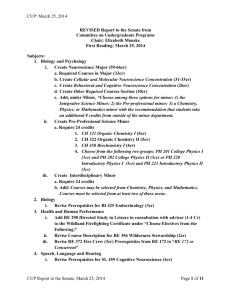Math_Physics_to_Biology
advertisement
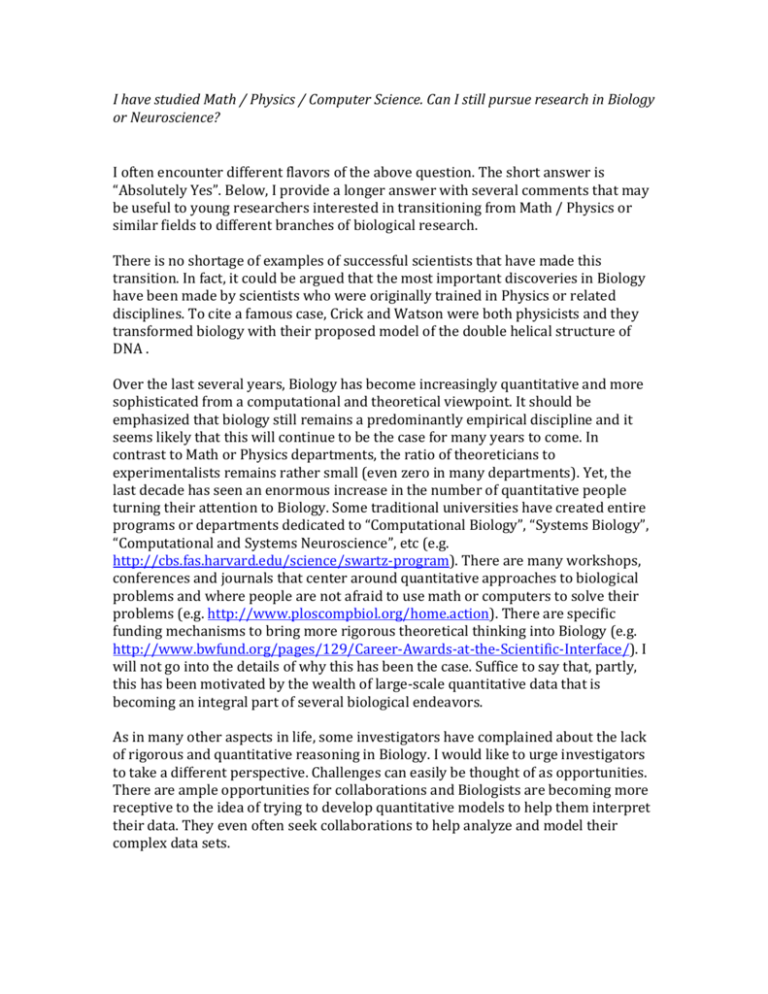
I have studied Math / Physics / Computer Science. Can I still pursue research in Biology or Neuroscience? I often encounter different flavors of the above question. The short answer is “Absolutely Yes”. Below, I provide a longer answer with several comments that may be useful to young researchers interested in transitioning from Math / Physics or similar fields to different branches of biological research. There is no shortage of examples of successful scientists that have made this transition. In fact, it could be argued that the most important discoveries in Biology have been made by scientists who were originally trained in Physics or related disciplines. To cite a famous case, Crick and Watson were both physicists and they transformed biology with their proposed model of the double helical structure of DNA . Over the last several years, Biology has become increasingly quantitative and more sophisticated from a computational and theoretical viewpoint. It should be emphasized that biology still remains a predominantly empirical discipline and it seems likely that this will continue to be the case for many years to come. In contrast to Math or Physics departments, the ratio of theoreticians to experimentalists remains rather small (even zero in many departments). Yet, the last decade has seen an enormous increase in the number of quantitative people turning their attention to Biology. Some traditional universities have created entire programs or departments dedicated to “Computational Biology”, “Systems Biology”, “Computational and Systems Neuroscience”, etc (e.g. http://cbs.fas.harvard.edu/science/swartz-program). There are many workshops, conferences and journals that center around quantitative approaches to biological problems and where people are not afraid to use math or computers to solve their problems (e.g. http://www.ploscompbiol.org/home.action). There are specific funding mechanisms to bring more rigorous theoretical thinking into Biology (e.g. http://www.bwfund.org/pages/129/Career-Awards-at-the-Scientific-Interface/). I will not go into the details of why this has been the case. Suffice to say that, partly, this has been motivated by the wealth of large-scale quantitative data that is becoming an integral part of several biological endeavors. As in many other aspects in life, some investigators have complained about the lack of rigorous and quantitative reasoning in Biology. I would like to urge investigators to take a different perspective. Challenges can easily be thought of as opportunities. There are ample opportunities for collaborations and Biologists are becoming more receptive to the idea of trying to develop quantitative models to help them interpret their data. They even often seek collaborations to help analyze and model their complex data sets. Where to start? Well, this depends on the particular branch of biological research that you are interested in. One of my main interests has been in the domain of Theoretical and Computational Neuroscience. Below are some books that I have read and that I would strongly recommend in this field. See also “Where can I learn more about Computational Neuroscience” and the introductory lecture at http://klab.tch.harvard.edu/academia/classes/hms204/hms204.html Recommended books in Theoretical and Computational Neuroscience Dayan, P., and Abbott, L. (2001). Theoretical Neuroscience (Cambridge: MIT Press). Koch, C. (1999). Biophysics of Computation (New York: Oxford University Press). Gabbiani, F., and Cox, S. (2010). Mathematics for Neuroscientists (London: Academic Press). Hertz, J., Krogh, A., and Palmer, R. (1991). Introduction to the theory of neural computation (Santa Fe: Santa Fe Institute Studies in the Sciences of Complexity).
